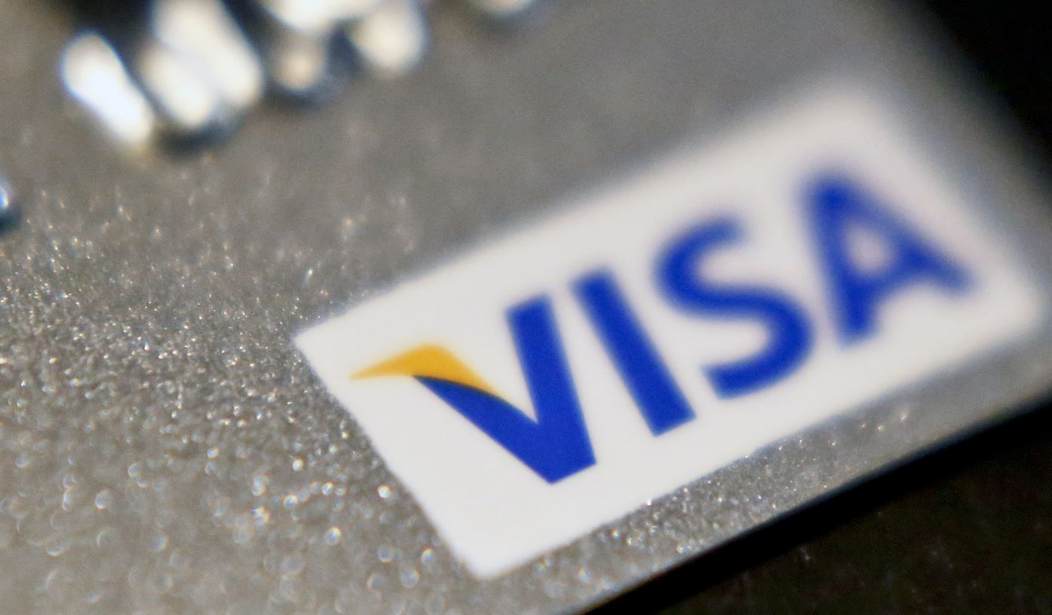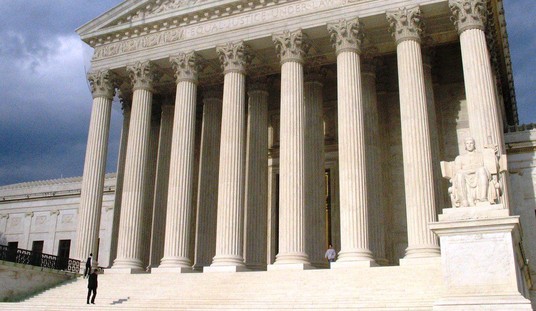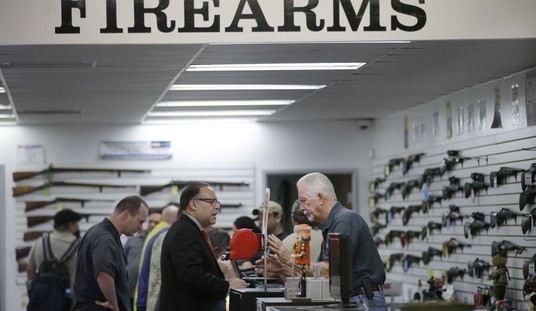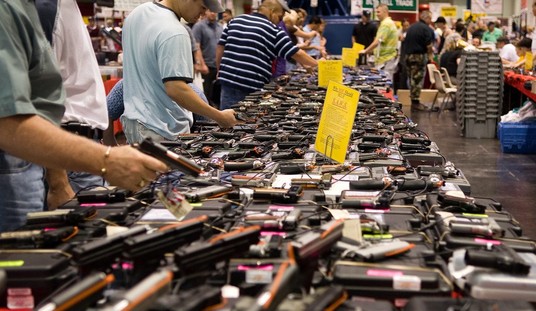By now, you already know that your credit card companies are spying on you. They’re watching for you to buy guns and/or ammo and will track those sales. Companies like Visa and Mastercard will be keeping an eye on those purchases.
And pro-gun lawmakers are less than thrilled, to say the least.
Visa, however, says they’re not tracking those sales.
The Gray Washington News Bureau reached out to Visa for comment, and was sent a link to a blog post titled “Protecting Legal Commerce.”
In it, Visa writes the new merchant code is from a global standards-setting organization that established the code for “gun and ammunition stores.”
Visa says in part: “Many misunderstood,”… that the company was, “advocating the use of the code to track gun sales as a potential tool in combatting gun violence.”
So, they’re not tracking gun sales, they’re just…what? Tracking gun sales?
See, the problem here is that no one has really been able to define what constitutes a suspicious sale and what doesn’t.
Take this piece, for example. They attempt to provide an example:
“Everybody in the country, every industry in the country has a role to play in helping to eliminate this problem,” said Nick Suplina, Senior Vice President for Law and Policy at Everytown for Gun Safety, the country’s largest gun violence prevention organization. “What this new merchant category can do, if implemented properly, is prevent tragedy like domestic terrorism and horrific acts of mass shootings and armed extremism.”
Gun control advocates say the 2016 Pulse Nightclub shooting in Orlando, Florida is an example.
A 2018 New York Times investigation found the gunman used six credit cards to buy two guns and thousands of rounds of ammunition before killing 49 people and injuring 53 others.
The problem is that there’s still nothing there that differentiates between a potential killer and someone who just really wants a firearm for lawful purposes.
I mean, in the gun rush during the early days of the pandemic, I suspect you’d find a number of people who also used multiple credit cards to buy guns and ammunition.
Yes, this looks funny, but one example doesn’t establish a pattern of any sort.
Especially in light of the reality that this kind of behavior isn’t particularly unique.
Visa may claim they’re not tracking gun sales, and because they can’t actually see what items you’re purchasing, they’re not precisely. Yet what they’re doing is tracking purchases at gun stores. It’s a rhetorical quibble, a bit of semantics, but amounts to about the same thing.
“But we can’t see what exactly you’re buying?” Visa would counter. “You could be buying a gun safe for all we know.”
You’re right. But based on the above example, if I used four different cards to cover that expense, I might end up getting a knock on the door from the police just the same.
How is that supposed to make me feel any better?
The simple answer is that it doesn’t. Further, this doesn’t do anything to combat “gun violence,” either.
We know the majority of guns used in criminal acts are obtained illegally–either through theft, bought on the black market, or via straw buys. Few of those purchases involve credit card transactions. Even the vast majority of straw buys are cash transactions.
Mass shooters often use credit cards to buy their guns, sure, but they tend to buy one or two guns, some magazines, and ammo.
You know, just like every other new gun owner out there?
I’m sorry, but I’m far from reassured.








Join the conversation as a VIP Member